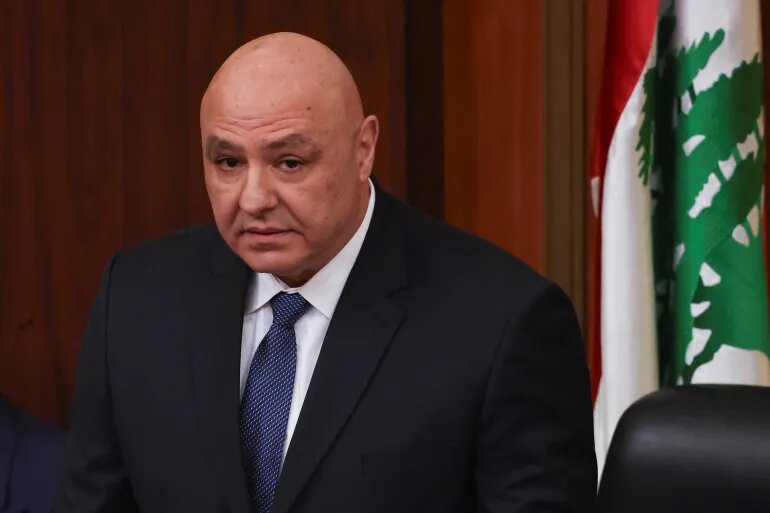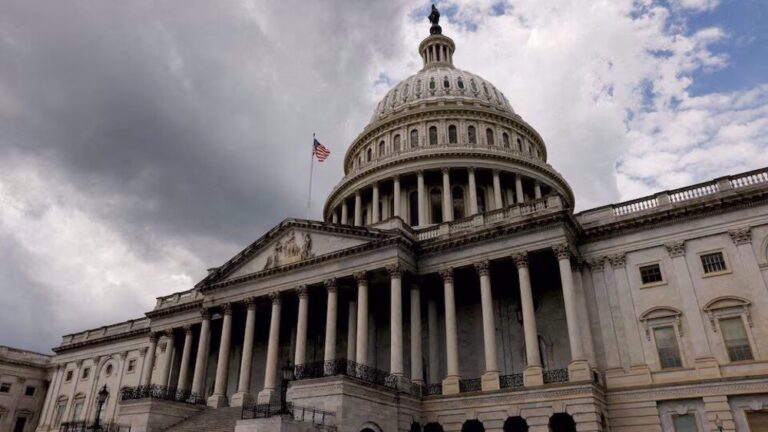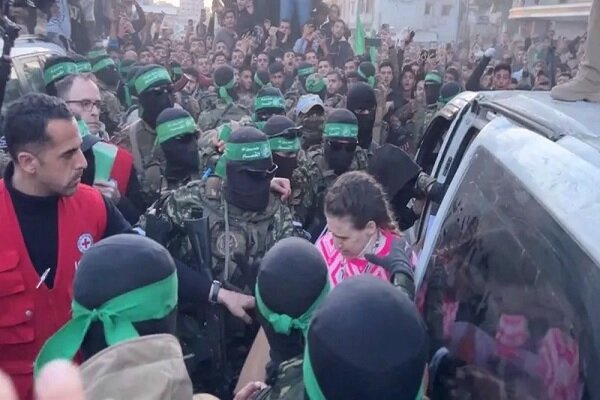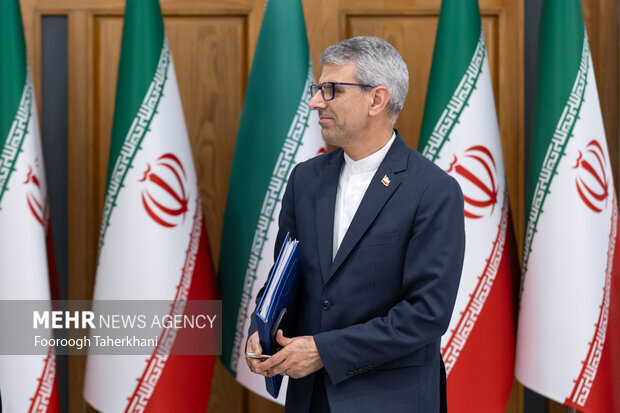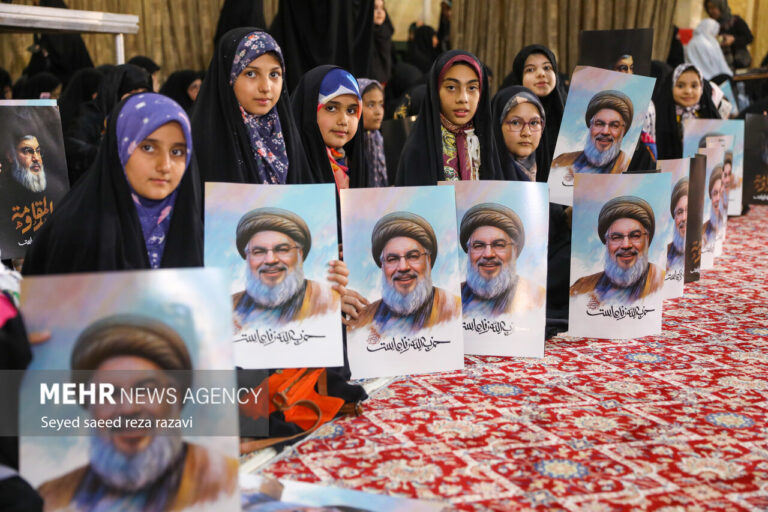Lebanon’s Aoun Signals Intent to Overturn Historic 1969 Cairo Agreement
In a significant development, the Lebanese Supreme Defense Council, led by President Joseph Aoun, has issued a stern warning to the Islamic Resistance Movement (Hamas). This warning emphasizes the need to respect Lebanese sovereignty and avoid using Lebanon as a battleground. The announcement has raised eyebrows, especially considering the absence of prior communications between Palestinian factions and Lebanese authorities, making its timing seem particularly suspicious.
This warning coincides with a vigorous media campaign spearheaded by anti-Resistance factions, which reportedly operate in alignment with the U.S. embassy against Hamas. The United States, in collaboration with Israel, is intensifying pressure on Lebanon to disarm Palestinian camps—potentially using force—and to restrict any activities of Palestinian resistance groups, notably Hamas, the Islamic Jihad, and the Popular Front for the Liberation of Palestine (PFLP).
Aoun’s stance effectively calls for the annulment of the 1969 Cairo Agreement, which permits Palestinian military operations in Lebanon. An informed source from the Palestinian community has indicated to the Tehran Times that this unexpected action was not preceded by any serious discussions with the Palestinian Authority, which is represented in Lebanon by the Palestinian Embassy.
The source pointed out that recent meetings led by Ramez Dimashqieh, head of the Lebanese-Palestinian Dialogue Committee, with various Palestinian representatives, did not even touch upon the issue of arms. Instead, it was suggested that weapons be maintained under the control of the Fatah movement to manage the affairs within the camps.
Moreover, the Palestinian source expressed concerns that the Defense Council’s announcement might be premature, as a final decision regarding the Lebanese-Palestinian dialogue mechanism has yet to be established. There are also warnings about the potential involvement of Lebanese soldiers in smuggling weapons into the camps, mirroring past occurrences during internal conflicts between Palestinian factions. This situation coincides with the expected visit of Mahmoud Abbas, the President of the Palestinian Authority, to Lebanon.
Interestingly, this visit comes after a mutual decision by Palestinian and Lebanese leaders to reopen the PLO office in Beirut. Following a U.S.-led media campaign targeting Hamas figures in light of recent “suspicious” rocket launches from Lebanon into occupied Palestinian territories, communication has taken place between Nabih Berri, the Speaker of the Parliament, and Khaled Meshaal, a senior Hamas official abroad.
Meshaal has expressed Hamas’s willingness to engage in dialogue regarding the issue of weapons in the camps, stating, “We are for any dialogue that alleviates the Lebanese situation.”
Additionally, it is noteworthy that Al-Julani’s forces, led by Ahmed al-Sharaa, have detained two leaders from the Al-Quds Brigades, which is the military wing of the Islamic Jihad movement. These arrests occurred in the context of new political directives from the administration of former U.S. President Donald Trump, which require the Hay’at Tahrir al-Sham government to take stringent actions against extremist groups and expel Palestinian factions from Syria. In return, the U.S. has signaled a potential easing of long-standing economic sanctions imposed on Damascus, as reported by the Wall Street Journal.
The WSJ further revealed that the U.S. government has mandated that Damascus must prohibit any political or military activities by Palestinian factions and deport their members, aiming to “alleviate Israeli concerns.” The timing of these arrests raises significant questions, particularly since the Islamic Jihad Movement, while present in Syria, has maintained a neutral stance throughout the decade-long foreign-backed insurgency. Unlike other factions, it has not engaged in battles alongside or against the Bashar al-Assad government.
- Lebanese Supreme Defense Council’s Warning: A call for respecting Lebanese sovereignty.
- U.S. Pressure: Increasing demands to disarm Palestinian groups in Lebanon.
- Cairo Agreement: A call to reconsider the 1969 agreement allowing Palestinian military actions.
- Concerns Raised: Potential smuggling of weapons into camps.
- Dialogue Opportunities: Hamas expresses willingness to discuss camp weapons.
- Arrests of Palestinian Leaders: Tied to new U.S. directives for Syrian governance.
This situation continues to evolve, and the implications for both Lebanon and Palestinian factions remain uncertain. As dialogue unfolds, the need for a balanced approach to address the concerns of all parties involved is crucial for maintaining regional stability.
